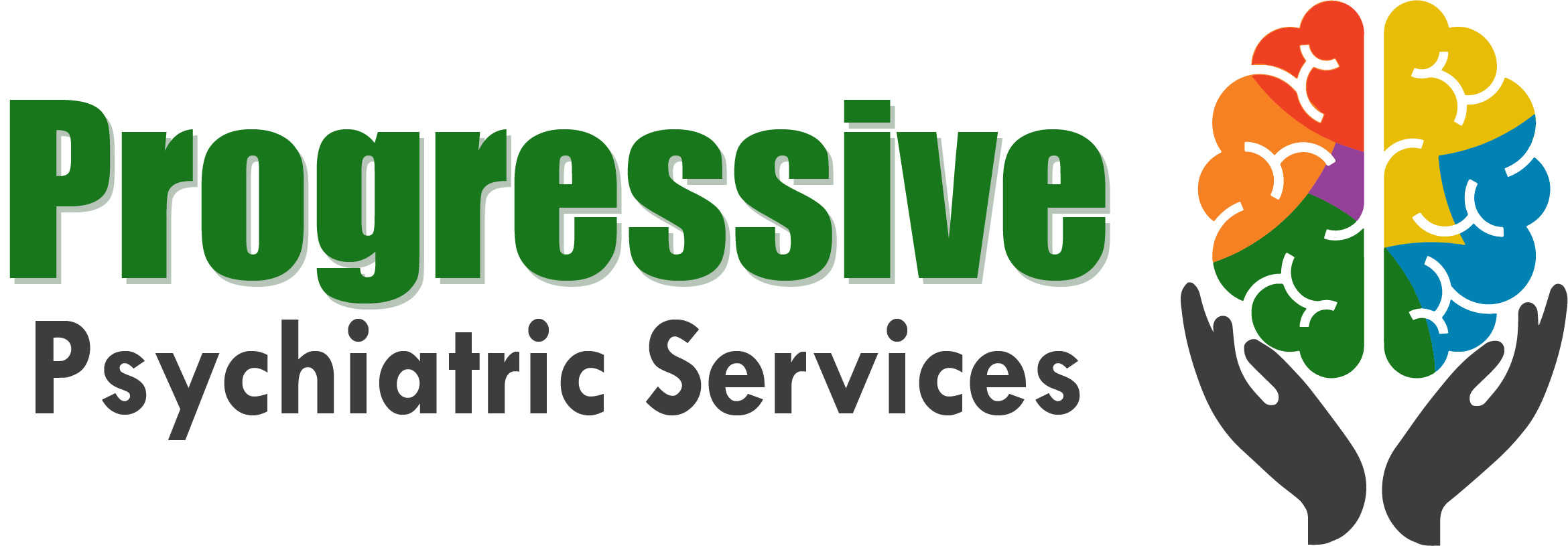Autism is a complex condition that affects the entire family and is thought to affect one in every 45 children in the United States. Our team of skilled psychologists and psychiatric professionals at Progressive offers a multifaceted approach to managing autism and the disturbances the illness can cause in the lives of the affected child as well as their parents and siblings. To schedule an appointment for an autism consultation, call or go online.
Hours
Contacts
What is autism?
How do you detect autism?
It’s important to look out for early signs of the disorder. The most apparent signs tend to appear very early, sometimes at 18 months old, but normally around age 2 or 3. The sooner you can detect if a loved one has autism, the sooner you can seek treatment, counseling, and other helpful measures.
Here are some signs of autism in babies and toddlers:
- By 6 months:
- No smiles, warmth, or joy directed at people
- Minimal or no eye contact
- By 9 months:
- No speech or any form of nonverbal communication
- By 12 months:
- No gestures to communicate
- No babbling of any kind
- By 16 months
- No words of any kind
- By 24 months
- No stringing together multiple words
- A loss of speech previously uttered or social skills
Here are some signs of autism for people of all ages:
- Minimal eye contact and social isolation
- Lack of comprehending people’s emotions
- Angry outbursts over small changes to environment
- Repetitive behaviors
- Unusual reactions to sounds, smells, tastes, etc.
If you think a loved one might have autism, it’s important to have them screened by a healthcare professional.
How does Progressive treat autism?
Progressive uses medication and therapy, including individual and family therapy, to treat autism. There are specialists available and early intervention and treatment can help with creating an Individualized Education Program (IEP) and providing support to manage autism in your family.
